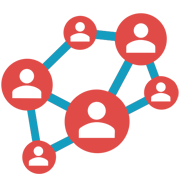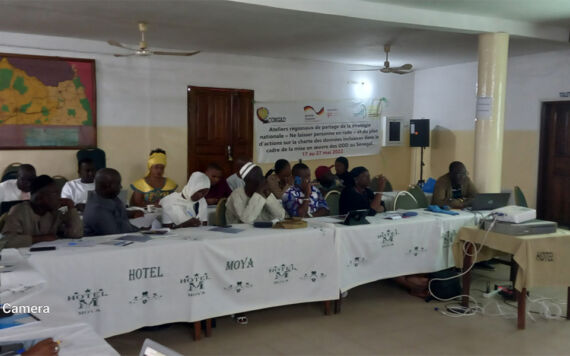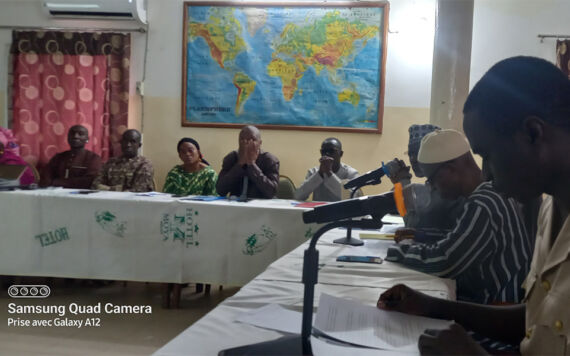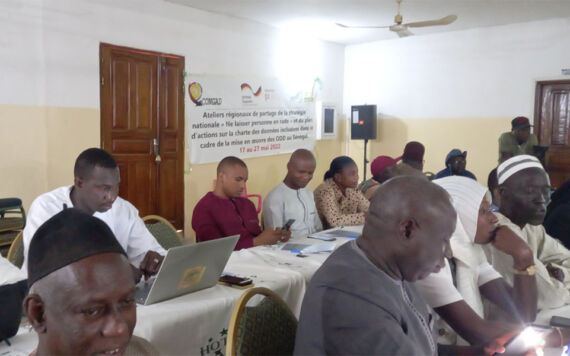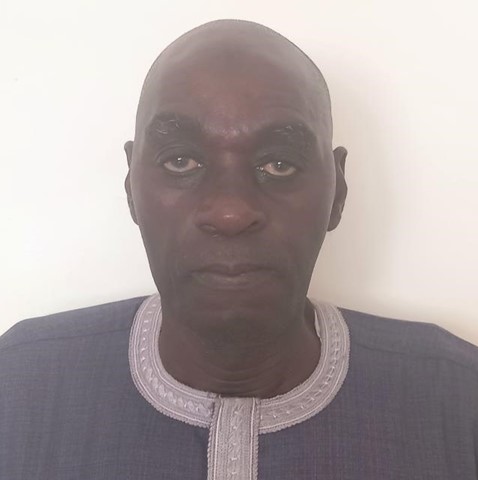| Project Name | Dialogue and Monitoring of the Implementation of the Post-COVID-19 Economic Recovery Plan for the Achievement of the SDGs |
| Commisioned by | Federal Ministry for Economic Cooperation and Development (BMZ) |
| Country | Senegal |
| Implementing Organisation | Conseil des Organisation Non Gouvernementales d’Appui au Développement (CONGAD) |
| Duration | November 2021 – April 2023 |
The Challenge
Civil Society Task Force: Under the oversight of CONGAD, a Civil Society Task Force was established in 2018. Since then, it has been working to monitor the progress Senegal has made in the implementation of the SDGs, while seeking to pinpoint weaknesses, limitations and obstacles.
Including the Needs of Vulnerable Groups: COVID-19 pandemic has led to setbacks in the implementation of the SDGs in Senegal. As part of the socio-economic recovery from the COVID-19 pandemic, the government developed an Adjusted and Accelerated Priority Action Plan (PAP 2A). However, the inclusion and reflection of vulnerable groups in national planning and prioritisation is lacking. Therefore, civil society needs to advocate for the needs of marginalised groups in national planning and policy and ensure the “Leave no one behind” (LNOB) principle.
The Objective
The overall objective of the project is to strengthen civil society’s capacity to influence and monitor the needs of vulnerable groups within the framework of the implementation of the SDGs and the post-COVID-19 socio-economic recovery plan.
The Target Group
The project involves national and regional levels. For the national activities, it targets various umbrella organisations, ministries and national level state bodies. For regional activities, it targets the offices at the regional level, the departments of the umbrella organisations and the deconcentralised technical services of the ministries.
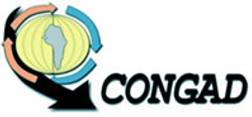
About CONGAD
CONGAD was founded in 1982 by non-governmental organisations working in Senegal to coordinate the management of relations with the State and other partners. CONGAD provides capacity building for CSOs, local authorities and the media. It is also involved in coordinating development, lobbying and advocacy activities to create a strong civil society that can influence public policies.
Website: www.congad.org
The Approach
CONGAD implements the project through a contribution of the Civil Society Task Force for a follow-up of the SDGs. A national steering committee is set up to guide the implementation of the project.
Drafting a National LNOB Strategy: The national “Leave no one behind” strategy is further elaborated with the contribution of grassroots actors in interregional and national workshops. After the national strategy has been developed, PAP 2A and the LNOB strategy are linked and reviewed in further workshops to ensure that needs of vulnerable groups are addressed in implementation and monitoring.
Accountability and Data: A test facility for decentralisation and data disaggregation is being set up in one region, one department and one municipality in Senegal. Action research to disaggregate data at the local level is conducted and local development data is collected from authorities and decentralised technical services. A workshop is held to increase CSO ownership of the PAP 2A indicators and monitoring process.
Financing: A national workshop on the contribution of the private sector through corporate social responsibility is held. In addition, a concept paper on the mobilisation of domestic financial resources and the transparent management of funds for the implementation of the PAP 2A and the SDGs is prepared.
Achieved Results
- A national “Leave no one behind” strategy was adopted by the government
- 144 people participated in four national workshops with the main stakeholder groups on the LNOB strategy and the national action plan PAP 2A
- 82 people attended workshops for local actors on the SDGs and inclusive data in the municipalities
- An IT system for collecting data to monitor the SDGs was implemented in two communes
Mbaye Niang
Responsible for the programme
CONGAD
In the context of sustainable development, what do you consider the greatest challenge that you help to overcome in your country? What is special about your project and approach, with regard to the context in which it is located?
One of the biggest challenges that the project has helped to meet in our country is to ensure that the national strategy “leaving no one behind” in the implementation of the SDGs is developed, validated at the resulting from a national and decentralized participatory and inclusive process.This national strategy is officially supported by the Ministry of Economy, Planning and Cooperation through the General Directorate of Planning and Economic Policies. The other challenge taken on by the project is to enable civil society to participate in a meaningful and inclusive manner in Senegal’s voluntary national review (RNV-2023) through the production of a citizen report. In addition, the project was an opportunity for civil society actors, particularly vulnerable groups (people with disabilities, women, young people, agricultural producers, etc.) to appropriate and diagnose the Adjusted Priority Action Plan and Accelerated (PAP 2A) articulated with the SDGs and to dialogue with the structures of the state so that no one is left behind in the context of the socio-economic recovery post COVID-19.
Let’s get specific: What was your most significant project success? What was especially important/notable? What are you particularly proud of having achieved?
The most significant success of the project is to have brought all state and civil society actors to develop and validate two fundamental national documents – the national strategy “leaving no one behind” in the context of the implementation and the monitoring of the SDGs and the action plan on the inclusive data charter through a national, decentralized process of consultation, capacity building. What is particularly important/remarkable remains the fact that all state and civil society actors have taken ownership of these two documents and have jointly committed to implementing them. CONGAD is particularly proud of having ensured that all state and civil society actors are imbued with the principle of leaving no one behind, of the inclusive data charter and have been able to consult each other and exchange ideas to develop national documents. In addition, the project has supported a reflection on the articulation of the “leaving no one behind” strategy with territorial planning for the monitoring of the SDGs. Also, a pilot process of territorialization of the SDGs and data collection is carried out in the communes of Gagnick and Guinguinéo (Kaolack region).
What have you learned and what experiences would you like to share with like-minded actors/practitioners?
We have learned a lot in the context of consultation processes, collaboration between civil society and state actors for the development and validation of national documents. This is never easy at first for several reasons: (1) State actors must lead the processes and commit themselves. (2) State actors must be aware of the questions and problems to be taken care of. (3) State actors must agree to provide the documentation they have. (4) State actors must agree to communicate during meetings. (5) Civil society actors must be mobilized in categories of actors. (6) Civil society actors must agree to share their knowledge on the topics to be discussed. (7) Civil society actors must be present at national, decentralized level during meetings. The process of integrating the SDGs into local planning and supporting the implementation of a pilot data collection system in two local authorities (Communes of Gagnick and Guinguinéo) constitutes an innovative approach to be shared. Indeed, one of the biggest challenges faced during the 2023 Voluntary National Review by most African countries is the localization of the SDGs.

